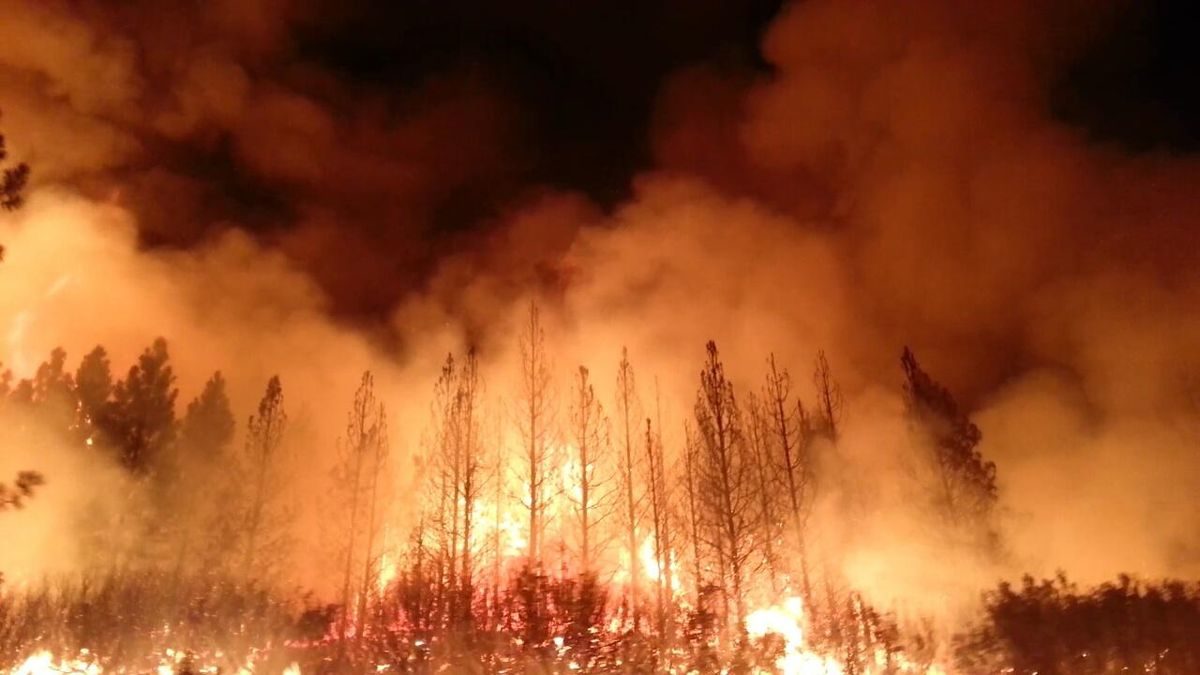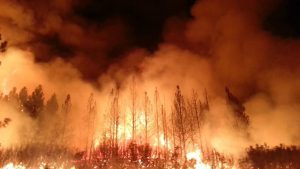Experts concerned young people’s mental health particularly hit by reality of the climate crisis
Over the past few weeks Clover Hogan has found herself crying during the day and waking up at night gripped by panic. The 20-year-old, who now lives in London, grew up in Queensland, Australia, cheekbyjowl with the country’s wildlife, fishing frogs out of the toilet and dodging snakes hanging from the ceiling.
The bushfires ravaging her homeland over the past few weeks have taken their toll.
“I’ve found myself bursting into tears … just seeing the absolutely harrowing images of what’s happening in Australia – it is overwhelming and terrifying.”
Hogan said her lowest point came when she heard about the death of half a billion animals incinerated as the fires swept through the bush.
“That was the moment where I felt my heart cleave into two pieces. I felt absolutely distraught.”
The physical impact of the climate crisis is impossible to ignore, but experts are becoming increasingly concerned about another, less obvious consequence of the escalating emergency – the strain it is putting on people’s mental wellbeing, especially the young.
Psychologists warn that the impact can be debilitating for the growing number of people overwhelmed by the scientific reality of ecological breakdown and for those who have lived through traumatic climate events, often on the climate frontline in the global south..
Until two years ago Dr Patrick Kennedy-Williams, a clinical psychologist from Oxford, had spent his career treating common mental health difficulties including anxiety, depression and trauma. Then something new started to happen. Climate scientists and researchers working in Oxford began to approach him asking for help.
“These were people who were essentially facing a barrage of negative information and downward trends in their work … and the more they engaged with the issue, the more they realised what needed to be done – and the more they felt that was bigger than their capacity to enact meaningful change,” he said. “The consequences of this can be pretty dire – anxiety, burnout and a sort of professional paralysis.”
Kennedy-Williams began to research the topic and realised it was not just scientists and researchers who were suffering.
“There is a huge need among parents, for instance, who are asking for support on how to talk to their kids about this.”
Read more: The Guardian





